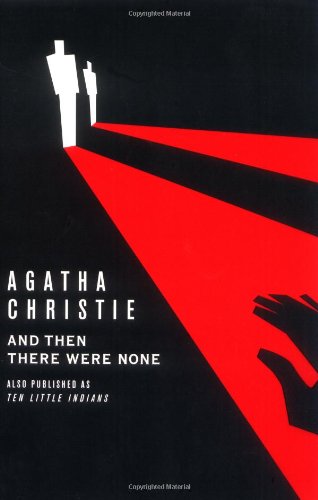
A Natural History of the Future: What the Laws of Biology Tell Us about the Destiny of the Human Species
by Rob Dunn
5 popular highlights from this book
Key Insights & Memorable Quotes
Below are the most popular and impactful highlights and quotes from A Natural History of the Future: What the Laws of Biology Tell Us about the Destiny of the Human Species:
“The diversity-stability law, states that ecosystems that include more species are more stable through time... The law of dependence states that all species depend on other species. And we, as humans, are probably dependent on more species than any other species ever to exist. Meanwhile, just because we depend on other species does not mean nature depends on us. Long after we go extinct, the rules of life will continue.”
“We were offered a deal by nature: if we gave up thousands of species of birds, plants, mammals, butterflies, and bees, in exchange we could have a handful of new kinds of mosquitoes and rats. It is a bad deal but one that so far we have accepted.”
“But there is also something else. When crows use their inventive intelligence to deal with novel conditions, they”
“In my experience, people who study climate change are planning for this last scenario in their own daily lives. At work, they write about the RCP2.6 path and how to get on it. At home, in their free time, they fight to get their communities on the RCP2.6 path. But when their day is over and they are sitting on the couch, they make choices that reflect their worry that we are probably on the RCP8.5 path. They look online at properties in, say, Canada or Sweden. They talk to real estate agents and ask questions like, "Does it have year-round flowing water?" They have conversations with their partners about which countries have stable governance and won't have malaria. With insider information and disposable income, they are preparing in advance to flee.”
“It is surprising that we as a species have been as successful as we have despite our ignorance of the biological world and our biased perspective on its dimensions. Einstein said that "the eternal mystery of the world is its comprehensibility"; in other words, what is incomprehensible is how much we comprehend. But I don't think that's quite right. I think that what is even more incomprehensible is that we have survived despite how little we have comprehended. We are like a driver who somehow gets down the road, despite being too short to see out the window, a little drunk and very fond of acceleration.”


